Neurotech - Augmenting the lawyers (and the law)
Billable attention units, neurorights, and cognitively enhanced lawyers are just some of the potential futures discussed by the University of Sydney’s Dr Allan McCay in the Law Society’s Horizon Report, Neurotechnology, law and the legal profession. With more and more investment in neurotech by the likes Elon Musk and Meta, the capabilities and applications of neurotech are set to expand. But with this new technology comes potential ethical and legal issues.
Neurotechnology, or neurotech, is any technology which interacts directly with the nervous system by reading from and/or writing to the brain. This can be achieved through devices implanted in the brain or via external devices such as wristbands or helmets. It is currently used to treat neurological conditions such as Parkinson’s disease and epilepsy, as well as seeing use in monitoring the stress, attention, and fatigue levels of employees.
Dr. McCay notes that the large amounts of ‘brain data’ collected by neurotech devices could allow people with access to make inferences about the mental states of users, as well as predispositions to neurological and psychiatric issues, and future behaviour. This raises concerns about mental privacy and commercial manipulation. To address these concerns, some groups are advocating for the recognition of "neurorights". The Neurorights Foundation, for example, is seeking to protect individuals' rights to personal identity, free will, mental privacy, equal access to mental augmentation, and protection from algorithmic bias. Chile has already become the first country in the world to protect neurorights after a bill was passed to alter its constitution to protect brain activity and information.
The report goes on to discusses the potential impact of neurotech on aspects of criminal law and raises legal, philosophical, and moral questions:
Free will: If neuroscience could demonstrate that no one has free will, should people be punished for their crimes? Would justice shift more from retributive to community protection?
Actus reus: Criminal liability generally requires both the actus reus (criminal conduct) and the mens reas (guilty mind). However, where someone is, for example, controlling a drone or a mouse by thought alone, would this constitute criminal conduct?
New offences: Such as hacking into a device and making unauthorised inferences about the mental state of the victim or stimulating a device causing injury or making the user act impulsively or experience hallucinations. This raises a further question of whether a hacked device would fit into the scope of defences such as insanity or automatism or into existing forms of mitigation at sentencing.
Solutions to crime: For example, combining electronic monitoring with brain-monitoring to reduce the risk of reoffending. This could then be discussed in the context of managing crimes, whereby a defendant may opt to avoid prison by having an expert witness argue that the defendant has dealt with a mental condition which had a role in their offence via a neurotech intervention and that instead of prison they will keep the device active and under the supervision of a psychiatrist.
Dr McCay also points to potential changes to the legal profession with the evolution of neurotech, such as the development of a new area of legal expertise in neuroscience and neurotechnology, or with attention-monitoring devices, a shift from the billable hour to the billable unit of attention. A further change suggested relates a coercive pressure which could arise in a competitive legal market for lawyers to augment their cognitive capacity to increase their efficiency and remain competitive with augmented colleagues or AI systems, alongside possible pressure from clients who prefer cognitively enhanced lawyers. This could then give rise to questions around professional negligence, such as a where an unenhanced lawyer makes an error which a device would have prevented or where a lawyer continues to work after having been warned by a device that they are no longer performing at their best.
The evolution of neurotechnology has the potential to be hugely beneficial, especially in a health or medical context. However, there are numerous moral and ethical considerations, not only in the legal field which need to be addressed as neurotech continues to advance and become more prevalent in society.

